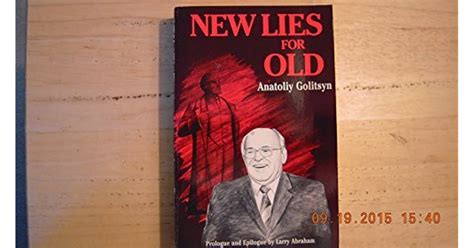A Quote by Dambisa Moyo
The western mindset erroneously equates a political system of multi-party democracy with high-quality institutions... the two are not synonymous.
Related Quotes
The US two party system is very different, of course. Here the people decides about who should rule them, but it is not reasonable to claim that the people rules itself through the political institutions. In comparison, I find that the standard European system is better, also as a model for global democracy.
The protesters have called into question whether there is a real democracy. Real democracy is more than the right to vote once every two or four years. The choices have to be meaningful. But increasingly, and especially in the US, it seems that the political system is more akin to "one dollar one vote" than to "one person one vote". Rather than correcting the market failures, the political system was reinforcing them.
The Soviet transition to a new political structure shows that the Soviet strategists are thinking, planning and acting in broad terms, way beyond the imagination of Western politicians. For this reason Western politicians cannot grasp the fact that the Soviet intention is to win by 'democratic' means. Through transition to a new system, the Soviets are revitalising their own people and institutions, and they are succeeding. Contrary to Western belief, they are holding their ranks together.
Capitalism is a system in which the central institutions of society are, in principle, under autocratic control. Thus, a corporation or an industry is, if we were to think of it in political terms, fascist, that is, it has tight control at the top and strict obedience has to be established at every level. [...] Just as I'm opposed to political fascism, I am opposed to economic fascism. I think that until the major institutions of society are under the popular control of participants and communities, it's pointless to talk about democracy.
Work can be undertaken to create an authentic independent political party, a real party, based on popular participation from the ground up, not a top-down candidate producing organization like the two official parties, working from school boards to state legislatures and beyond. Not easy in the regressive U.S. political system, but not impossible.


































